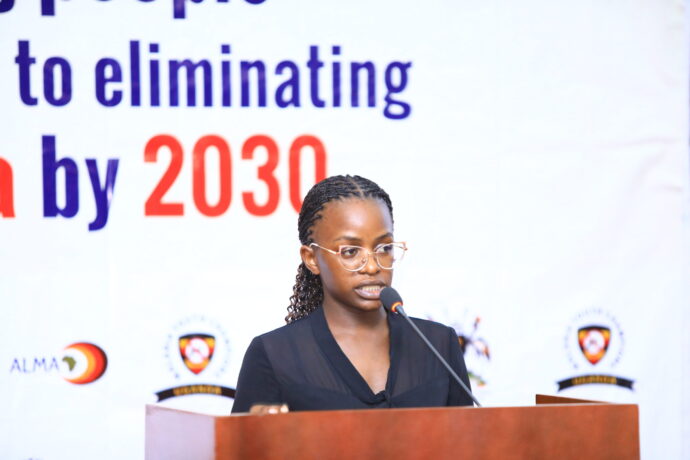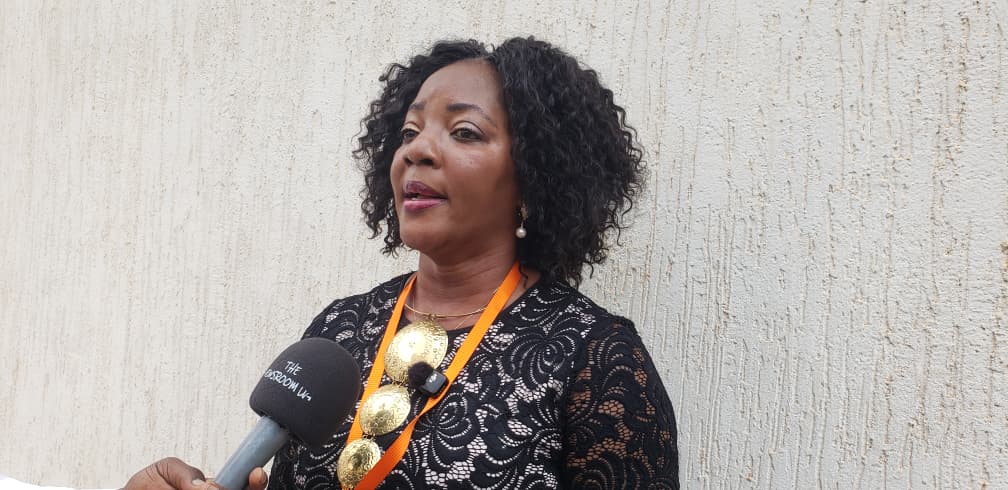
By Julius Adiga
The Vice Chairperson of Parliament’s Committee on Health and Kole North Member of Parliament, Dr. Samuel Acuti Opio , has welcomed the approval of two major international loans aimed at expanding cancer treatment services across Uganda.
The loan was approved during Tuesday’s plenary sitting of Parliament following the presentation of the Report of the Committee on National Economy to the house on the proposal to borrow funds for the construction and equipping of new regional oncology centres.
Parliament authorized government to borrow up to €9.4 million from UniCredit Bank Austria for the construction and equipping of the Mbale Oncology Centre, and up to US$36.5 million from the Islamic Development Bank (IsDB) for the construction of the Arua Oncology Centre and the procurement of radiotherapy equipment for the Mbale facility.
Dr. Acuti described the approval as a landmark step in decentralizing cancer care, noting that it would ease the burden on patients who currently travel long distances to Kampala for specialized treatment.
“Many patients travel from as far as Mbale, Arua, or Karamoja to Kampala to receive chemotherapy and radiotherapy services,” Dr. Acuti said. “These are not simple walk-in treatments — they require accommodation and repeated visits, which makes the cost extremely high for ordinary Ugandans.”
The Kole North legislator commended the government’s ongoing efforts to strengthen regional health infrastructure, citing the operationalization of the Gulu Oncology Centre, which currently serves patients from the Lango and Acholi sub-regions.
“This move will extend access to life-saving services to West Nile and Eastern Uganda,” he added. “These regions carry some of the highest burdens of surgical cancers in the country, and this intervention is both timely and essential.”
Dr. Acuti, however, urged the Ministry of Health and the Ministry of Finance, Planning and Economic Development to move swiftly to avoid the project delays that have plagued similar initiatives.
“We’ve seen loans approved by Parliament but taking one or two years before any construction begins,” he cautioned. “Now that the funding has been approved, I urge the technical teams to act expeditiously so that the construction and equipping can be completed on time.”
He praised the design of the financing arrangement, which includes allocations for both construction and equipment procurement, ensuring that the new centres will be fully functional upon completion.
“The budget caters for radiotherapy, laboratory, and diagnostic equipment — meaning these centres will not just be empty buildings, but operational facilities ready to treat patients,” he explained.
Dr. Acuti further called for increased investment in cancer prevention and screening, emphasizing that early detection is key to reducing cancer-related deaths in Uganda.
“Up to 30 percent of cancers are preventable,” he said. “If screening services are intensified at regional centres, we can detect cases early and save many lives that are currently lost due to late diagnosis.”
The approval of these loans marks a major step in Uganda’s ongoing effort to strengthen its health sector, improve regional access to specialized care, and reduce congestion at the Uganda Cancer Institute in Mulago, which currently serves the majority of the nation’s cancer patients.




